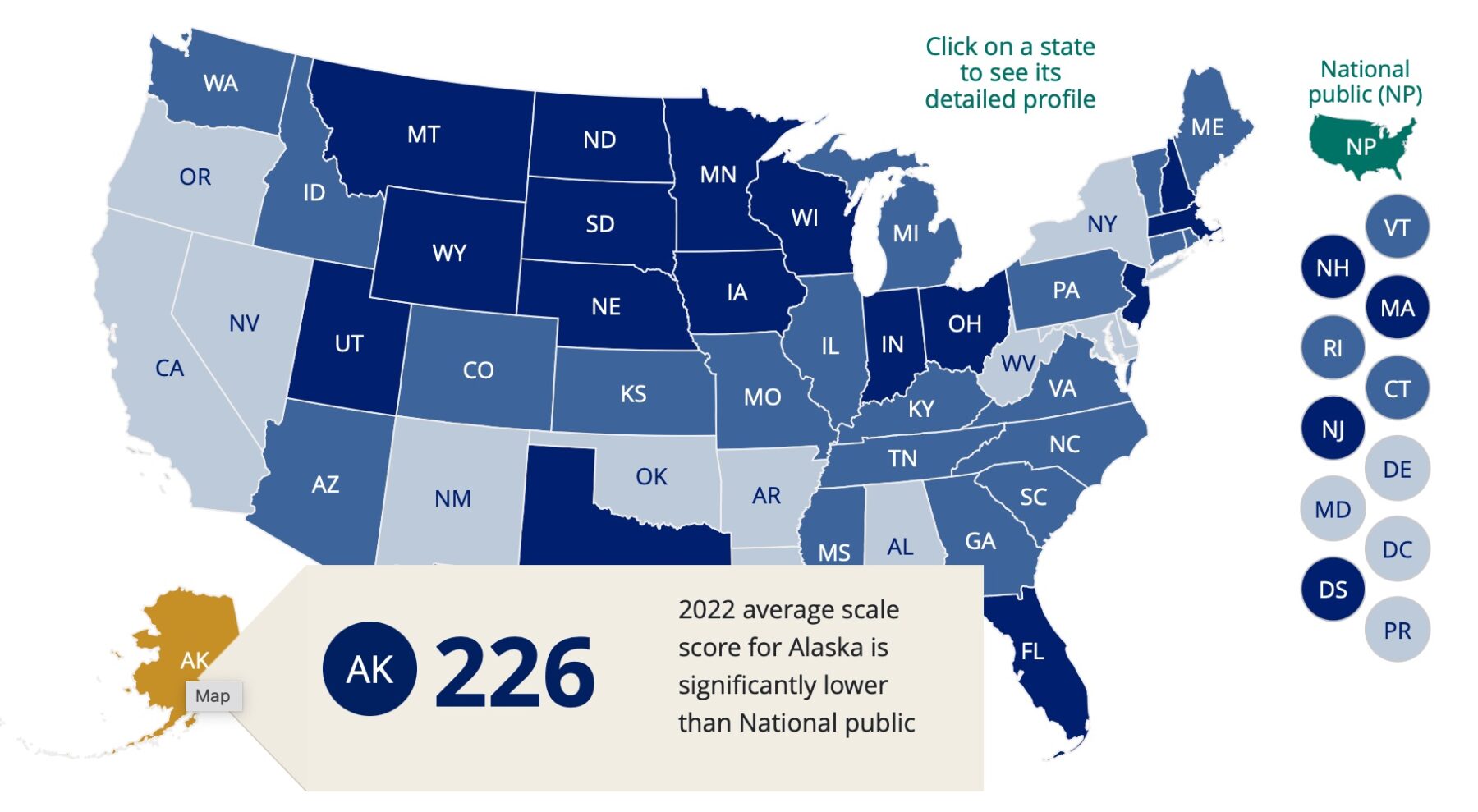



The debate over standardized testing in college admissions has taken a new turn with the involvement of private equity firms. ACT Inc., the nonprofit organization behind the ACT exam, has partnered with private equity firm Nexus Capital Management, which will move the test into a for-profit company. This move is expected to bring financial support and growth opportunities for the ACT, but it has raised concerns among education advocates about decreased transparency in the testing process. Private equity-owned companies have the ability to control the entire testing process, including curriculum development, which some critics worry could compromise the integrity of the exams. While the ACT will become a public benefit corporation, skeptics remain cautious about the potential impact of private equity involvement in college admissions testing [3e28d17f].
This trend of private equity investment in education services is not limited to the ACT. The College Board, the organization that administers the SAT exam, has also seen a decrease in revenue and has partnered with a private equity-owned company. As testing companies face financial losses and a decline in testing requirements by colleges, private equity firms are stepping in to provide financial support. However, education advocates are calling for government regulation and increased funding to address the issues surrounding standardized testing and the potential lack of transparency that comes with private equity ownership [3e28d17f].
In addition to concerns about transparency, critics argue that standardized testing itself is flawed and unfair. The debate over standardized testing in college admissions has been ongoing, with some arguing that these tests are biased and do not accurately measure a student's potential for success. The decision by Dartmouth College to resume requiring SAT/ACT scores for admissions has sparked further discussion about the role of standardized testing in the admissions process. While some believe that standardized tests can provide valuable information in predicting college success and identifying talented students, others argue that these tests perpetuate inequality and disadvantage certain groups of students. The debate over standardized testing in college admissions is complex and intertwined with larger questions about inequality in America and the purpose of universities [aa831ba2].
Meanwhile, the Alaska Board of Education has recently adjusted down the state's test score standards for what is considered proficient for different grade levels. The changes, proposed by the Dunleavy Administration through the Department of Education and Early Development, aim to improve test scores in a state that currently has some of the lowest scores in the nation. However, this decision to lower proficiency standards reflects a national debate on the expectations for publicly funded education systems. Critics argue that lowering standards may result in college-bound students taking remedial classes or dropping out altogether, further exacerbating the lack of graduates proficient in math and STEM fields. The issue of lowering standards in education needs to be addressed to ensure the future success of students and the American economy [0fb70588].